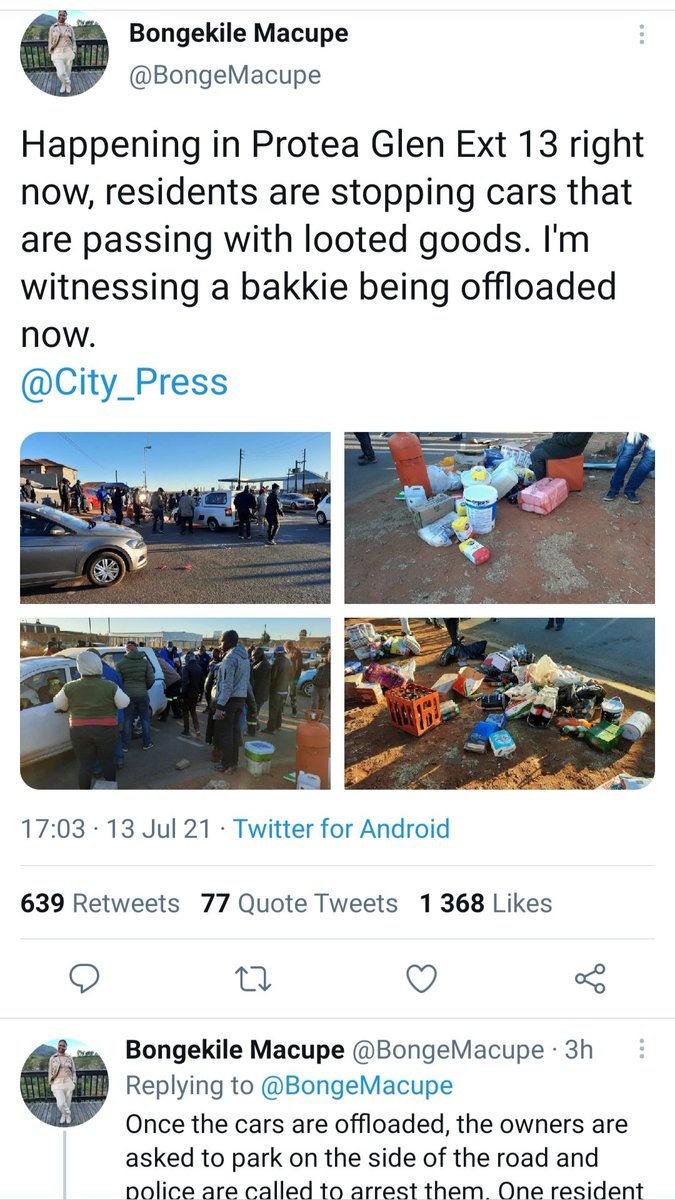
An #ArchbishopTutu and TRC thread:
I walked into working at the TRC with a rather fixed set of old lefty beliefs about how political violence had unfolded. The TRC undid/reshaped many of them in ways that changed me forever & alienated me from much transitional justice debate 1/
I walked into working at the TRC with a rather fixed set of old lefty beliefs about how political violence had unfolded. The TRC undid/reshaped many of them in ways that changed me forever & alienated me from much transitional justice debate 1/
I can never undo the nuances learnt, the pitiful details of every death, the numbers involved. Much was quite different to what is popularly imagined or what I had imagined. (It is hard to speak of this, because it is not popular. I hardly dare). 2/
When people write off "the TRC" or Archbishop Tutu, I know they have never engaged with the TRC material but are rather doing a metaphorical conflation of the TRC with the media image of Desmond Tutu. In this sense he is both a blessing and a burden to the legacy of the TRC. 3/
Some may argue that the TRC was a mighty exercise in forgetting. But all its workers were obsessively engaged in 'truth-seeking'. Not a cent was spent by the TRC on reconciliation. The Missing Persons Task Team has been able to recover 100s of human remains based on that work. 4/
I know one day a new generation of researchers will actually engage with the TRC archive - and exclaim in amazement at its content. It is sad that very few have done so to date. (I do know that it is unfortunately not easy to access large parts of that archive). 5/
One thing Archbishop Tutu understood was the complexity of the physical violence and the deaths that the TRC examined.
He understood equally well the web of apartheid that violated every aspect of black life and implicated all whites in benefitting from its subjugations. 6/
He understood equally well the web of apartheid that violated every aspect of black life and implicated all whites in benefitting from its subjugations. 6/
It's absurd to see the TRC (and Tutu) pilloried for government's failure to adopt or implement the TRC recommendations - such as a wealth tax, amount of victim reparations and so on. As if the TRC could implement land redistribution! It only had powers of recommendation! 7/
As for the puerile tweets seen today from latter-day radicalistas who are blank on Tutu's historic role from the 1970s on so many issues - gay rights, women clergy, saving people's lives. Such an embarrassingly weak grasp of history. 8/
But never mind all of that. I am hugely blessed to have worked for the TRC under Tutu's leadership, which developed strong sophisticated findings (read Volume 5 Chapter 6 for God's sake) based on evidence, on the apartheid state and the liberation movements and others. 9/
In particular, I thank the Arch for his kindness to my mother whose husband had been diagnosed with the same prostate cancer. He met with her (and me) and shared frank 😳 detail which was greatly comforting. In this he showed his greatest power: compassionate humanism. 10/
And finally may I share (again) my favourite personal picture with the Arch and members of U2 at our TRC offices. It was a great day! 11/ 

To the family of our beloved Archbishop, one of South Africa's greatest citizens, my sincere condolences, especially to @trevor22at here on Twitter. The "family in mourning" is worldwide and I am part of it. We are so proud! ❤ END
• • •
Missing some Tweet in this thread? You can try to
force a refresh






